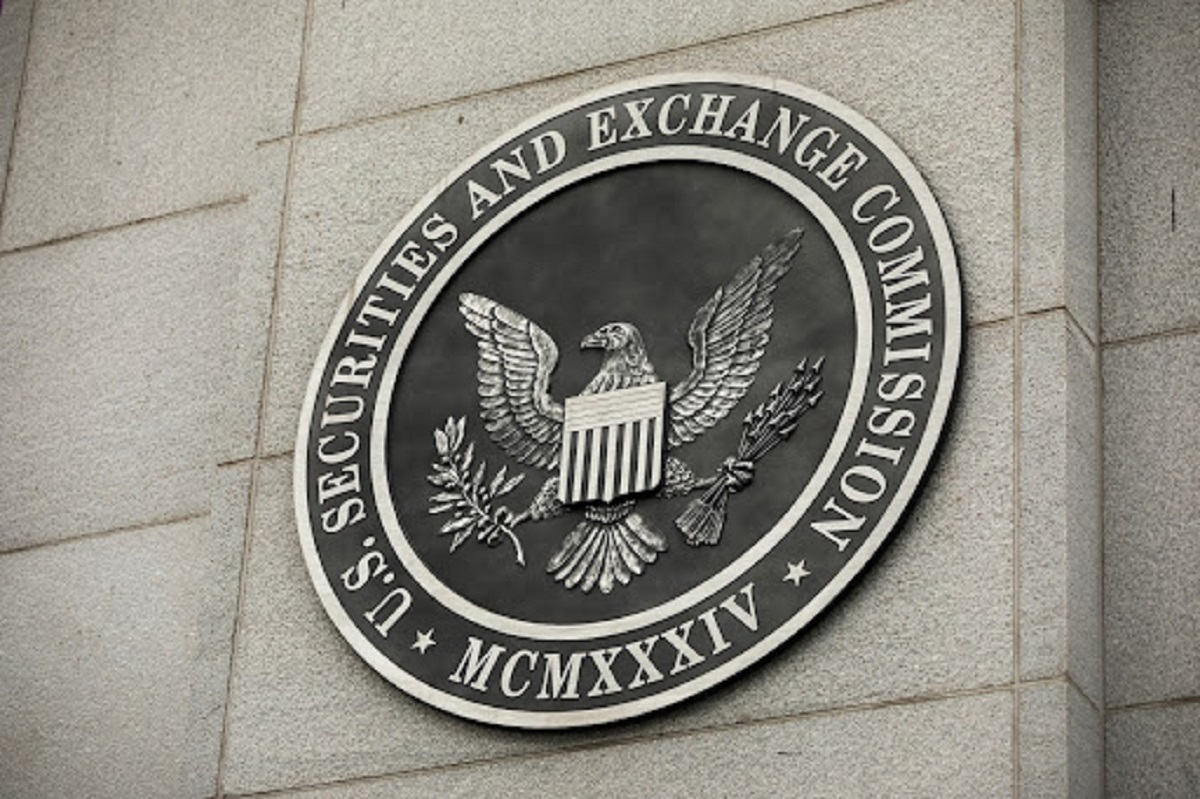ARTICLE AD BOX

- Cumberland is facing SEC charges for allegedly operating as an unregistered dealer in over $2 billion worth of crypto assets.
- Cumberland argues it complied with regulations, citing a broker-dealer registration that covered only Bitcoin and Ethereum.
Cumberland DRW, a prominent crypto trading firm, is currently facing a lawsuit from the U.S. Securities and Exchange Commission (SEC). The lawsuit, filed in October 2024, accuses Cumberland of operating as an unregistered dealer in crypto assets valued at over $2 billion.
2. SEC v Cumberland
Then there is the case of Cumberland whom the SEC has charged with operating as an unregistered dealer in more than $2 billion of crypto assets offered and sold as securities. Cryptos that are singled out in the SEC’s complaint against Cumberland include… pic.twitter.com/nKkbhnsXa8
— bill morgan (@Belisarius2020) October 12, 2024
As of at least March 2018, Cumberland has been engaged in the purchase and selling of digital assets categorized as securities, per SEC records. Among these prized tokens are the well-known ones Polygon (MATIC), Solana (SOL), Algorand (ALGO), Cosmos (ATOM), and Filecoin (FIL). The SEC says Cumberland’s actions broke federal securities rules meant to safeguard investors.
Cumberland’s Compliance Efforts and Legal Defense Against SEC Allegations
The accusations center on Cumberland’s legal obligation under the Securities Exchange Act of 1934—that of registering as a securities dealer—which she failed to do.
Although Cumberland has been involved in these events for years, the SEC claims Cumberland disregarded registration criteria. Now under close examination is the firm, which bills itself as a top liquidity source in the crypto scene.
Cumberland has fiercely refuted the SEC’s claims, claiming to have made a good faith attempt to follow legal criteria. Cumberland registered as a dealer-broker in 2019, but just for Bitcoin and Ethereum. Cumberland contends that the SEC failed to offer specific direction on other digital assets labeled as securities.
The company argues that the present lawsuit is the first time particular transactions have come under scrutiny, having said that it has been in talks with the SEC for almost five years. Cumberland has promised to fiercely defend itself against the accusations of the SEC and indicated its will to keep doing its business as usual.
This case emphasizes the continuous conflict between the SEC and the more general crypto sector. Targeting other significant companies in the crypto sector, including Binance and Coinbase, for similar infractions, the SEC has taken a progressively tough posture in controlling digital assets.
The case of Cumberland fits into larger enforcement action where the commission aims to implement stricter regulatory control over crypto asset trading.
More broadly, there have been other recent legal actions connected to the SEC’s control of the crypto market than the complaint against Cumberland. As we previously reported, Bitnomial, a derivative trading platform, has sued the SEC separately.
Alleging that the SEC still sees XRP as a security despite a prior court decision declaring XRP to be not a security, the complaint charges the SEC with trying to limit the issuing of futures contracts for XRP. Besides, the SEC promised not to appeal this ruling.
.png)
 1 month ago
3
1 month ago
3








 English (US)
English (US)